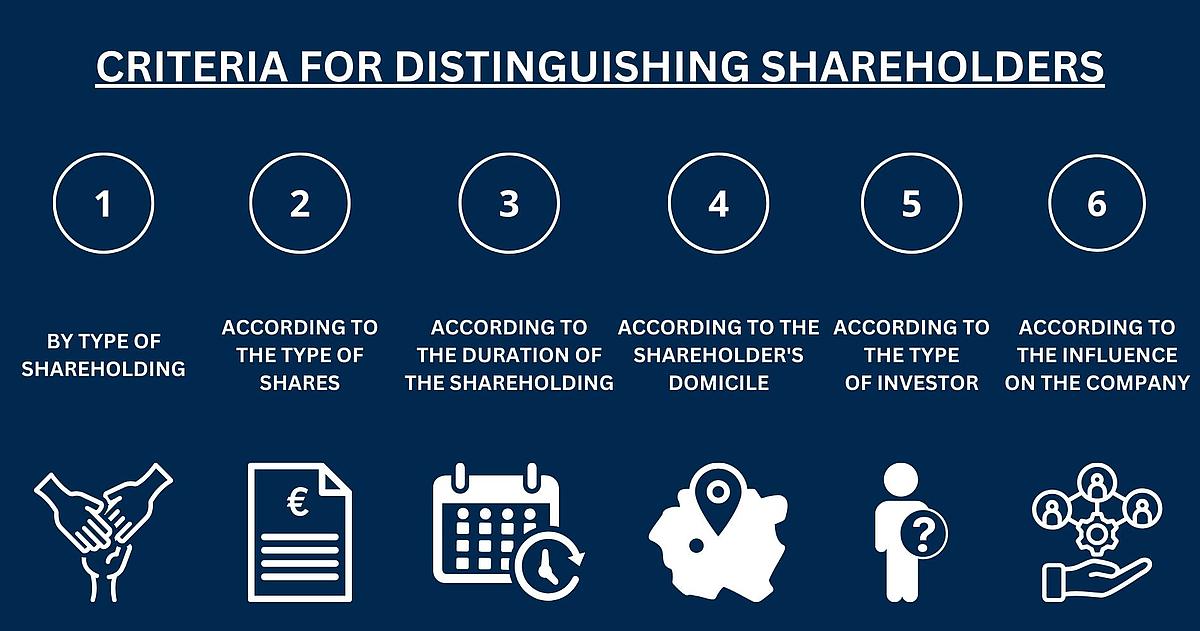Shareholder definition: What is a shareholder?
A shareholder is a person or company that holds shares in a public limited company. These shares represent a part of the ownership of the company, which gives the shareholder certain rights, such as the right to dividends, the right to vote at general meetings and the right to a share of the company's assets in the event of its dissolution. Shareholders can be either private individuals or institutional investors and, depending on the number of shares held, have a greater or lesser influence on company decisions.




















